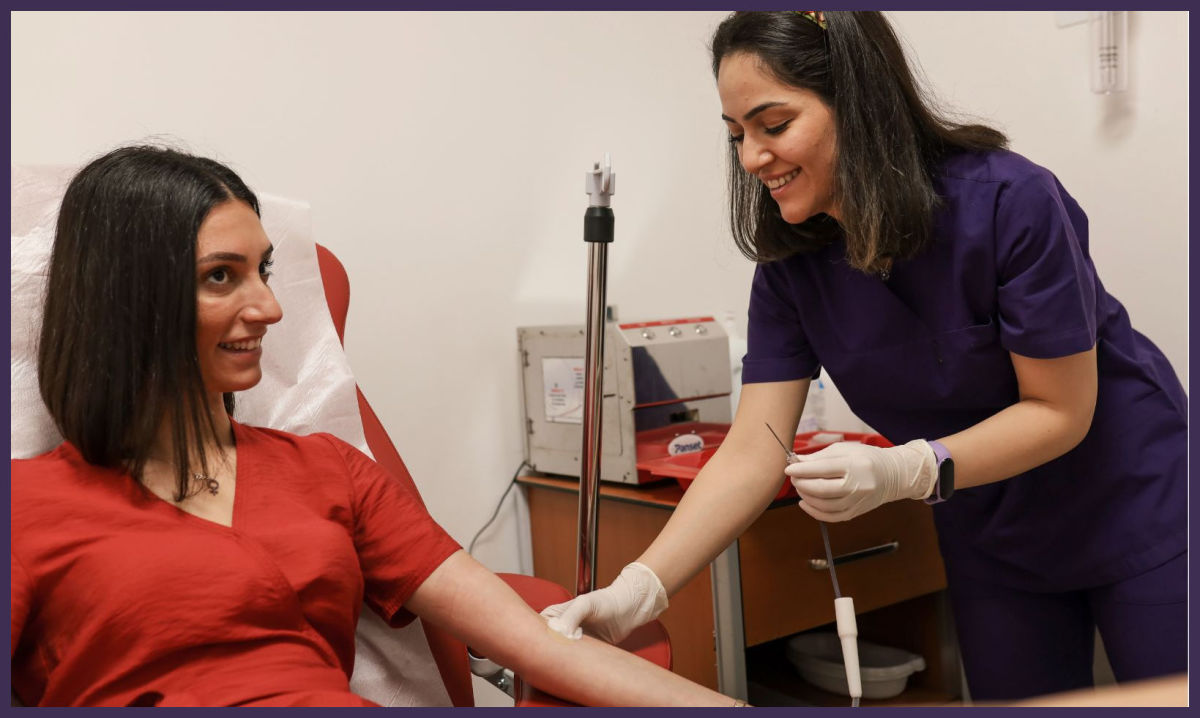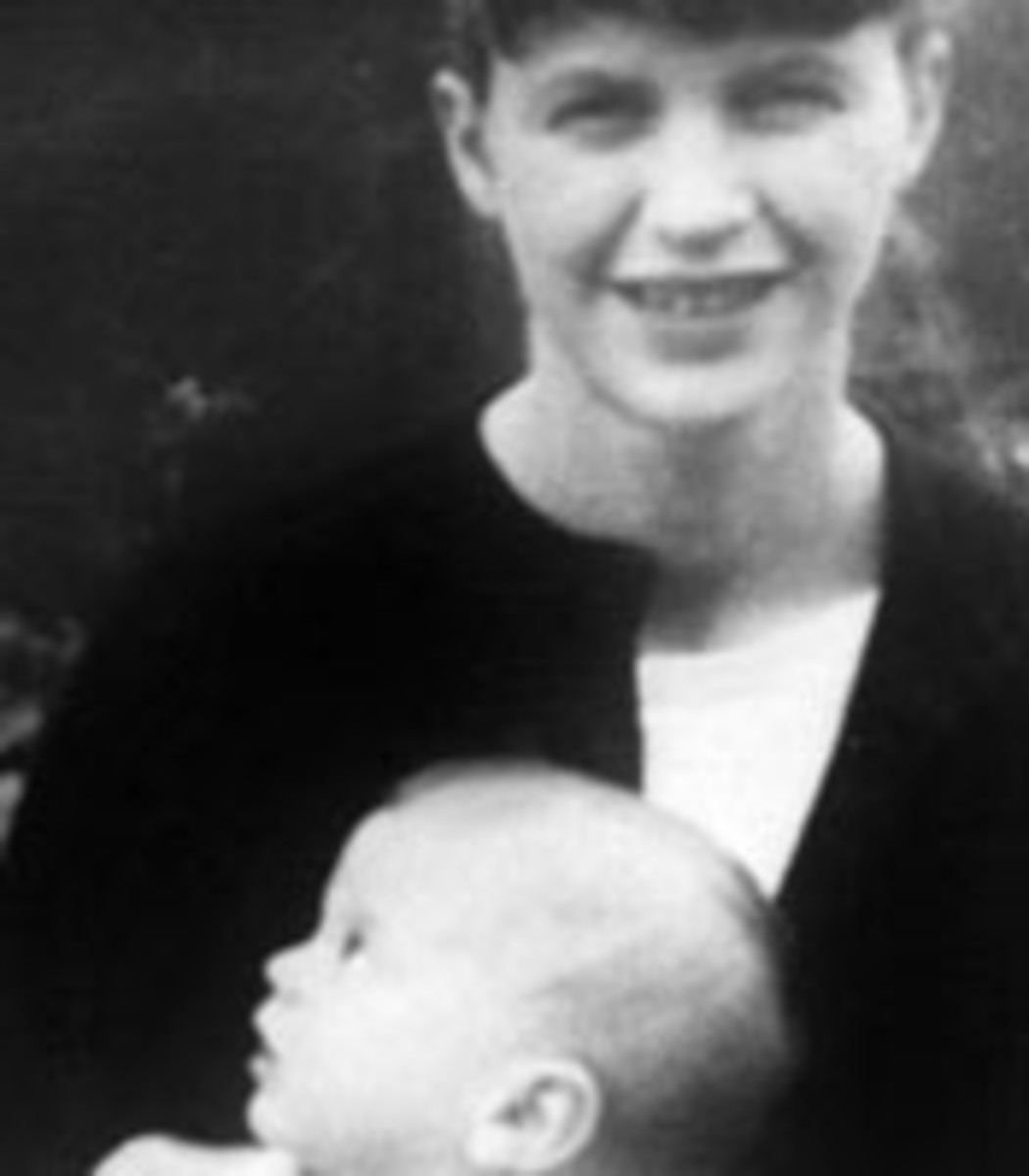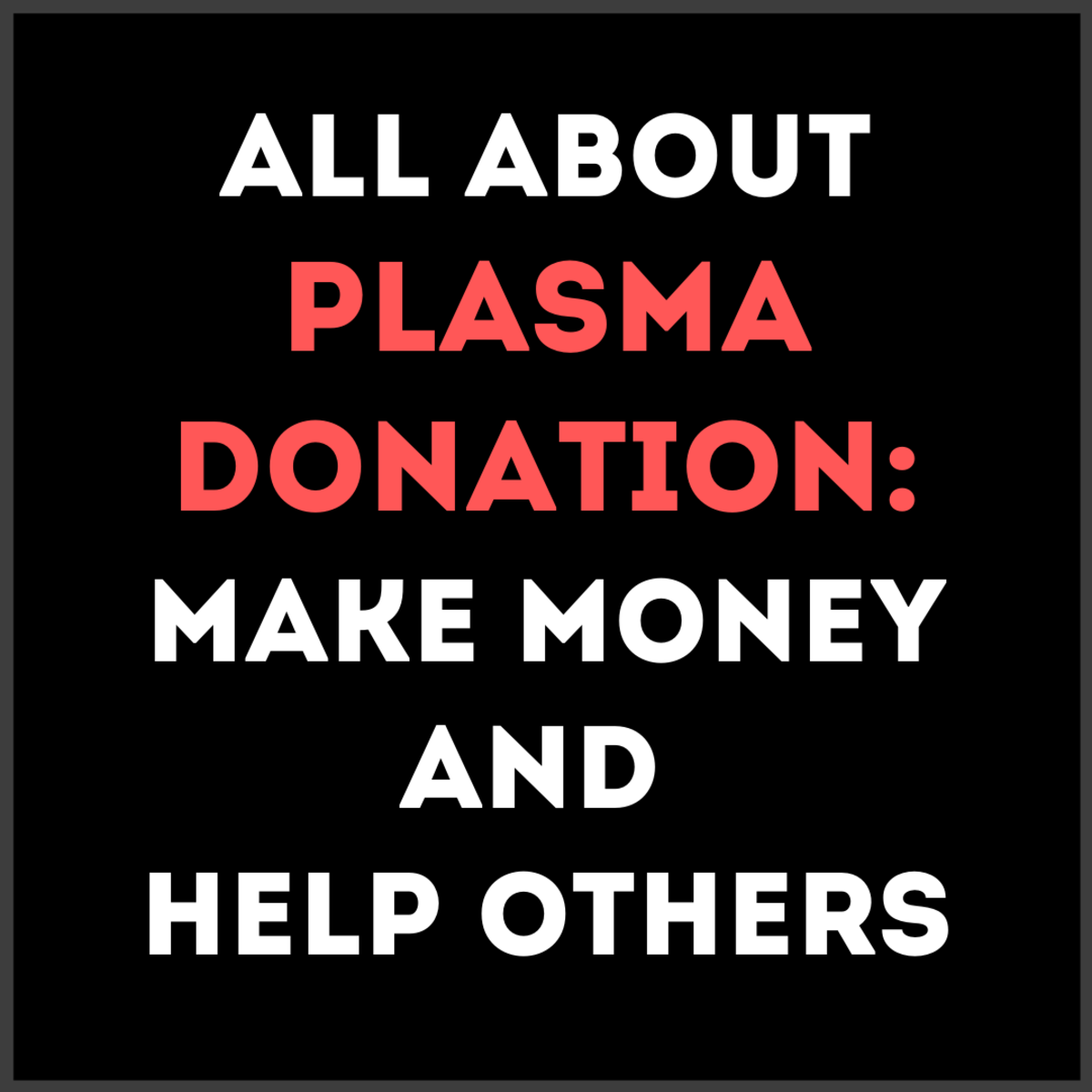Blood Donation - Save Life
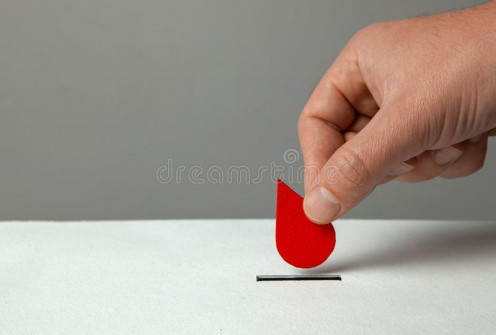
Through blood donation not only you can save life, but also you can give life and prolong one's life. Blood donation process is nothing but collecting blood from a healthy person (Known as Donor) and providing the collected blood to the needy person (Known as Recipient). This is usually done as a life saving maneuver to replace blood cells or blood products.
No need to have a special qualification to become a Donor. Any person is eligible to become a Donor, but Donor should be healthy and should weigh above 45 kilograms. Everyone can become a savior.
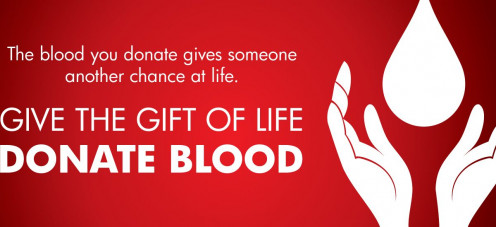
At first, the Donor has to undergo a simple blood test. The concerned medical staff will take some blood from Donor and test it for required iron levels in the blood. If the iron levels are within normal range and no other health problems detected then the concerned staff will collect blood from Donor. In this whole process the devices used are highly sterile, so nothing to worry about infections. After completion of blood test, the Donor will be laid on the bed and Donor’s blood will be collected. Generally, One unit of blood will be collected from one Donor.
After collecting blood, the Donor will be provided with fruit juices or biscuits to avoid weakness. The Donor should not lift any weights with that hand for 5 to 6 hours. Donor should take more liquid diet and balanced diet for 2 more days. Donor should not smoke or drink alcohol. After donating blood, rarely some people will feel dizziness. In such cases, Donor should take a nap for sometime then the Donor will recover soon.
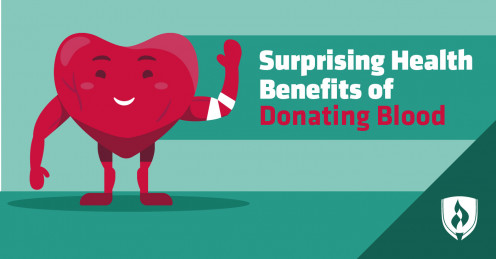
The person who will donate blood more frequently will reduce the risk of getting heart attack by 88% and the risk of any kind of heart diseases will be reduced by 33%. While donating blood, the Donor may lose approximately 225 mg to 250 mg of iron from the body and this can reduce the risk of heart diseases. The blood can be donated once in 3 months, as the body will replace it within 48 hours after donating blood.
Some patients with diseases like thalassemia, hemophilia, will require blood transfusion on a frequent basis. Also during major surgeries, accident cases, and for pregnant women during deliveries blood transfusion will play a major key role. Also dialysis patients, liver problem patients, some cancer patients will need blood transfusion sometimes.
Blood cannot be made in laboratory, so blood should be collected from donors. Most of the experts say that in India 2% of the country’s population is enough to donate blood. In doing so, we can collect 2.60 Crore Units of blood from 130 Crore people in India. But, now it is only 1.4 Crore units. That is why it is not enough. Blood collected at one time can be stored for 35 to 42 days only. You will need to replace those reserves from time to time. Blood donation is therefore not a single day process, must be doing it from time to time as needed and the number of blood Donors should continue to grow.
Four years ago in India, The Ministry of Health and Family Welfare launched an online database titled “e-raktkosh”. Information of those who need blood and those who want to donate blood are included in this site. Always, The States will update the correct information in this site so that people should not waste time in search of blood. People can know about the blood banks near to them and can go for donating blood. Where and when blood donation camps are going to held will be informed through this site.

Countries around the world celebrate World Blood Donor Day on June 14th, every year. The event, established in 2004, to thank blood donors for their voluntary, life saving gifts of blood.
Blood is the priceless gift that a person can give and save others.



